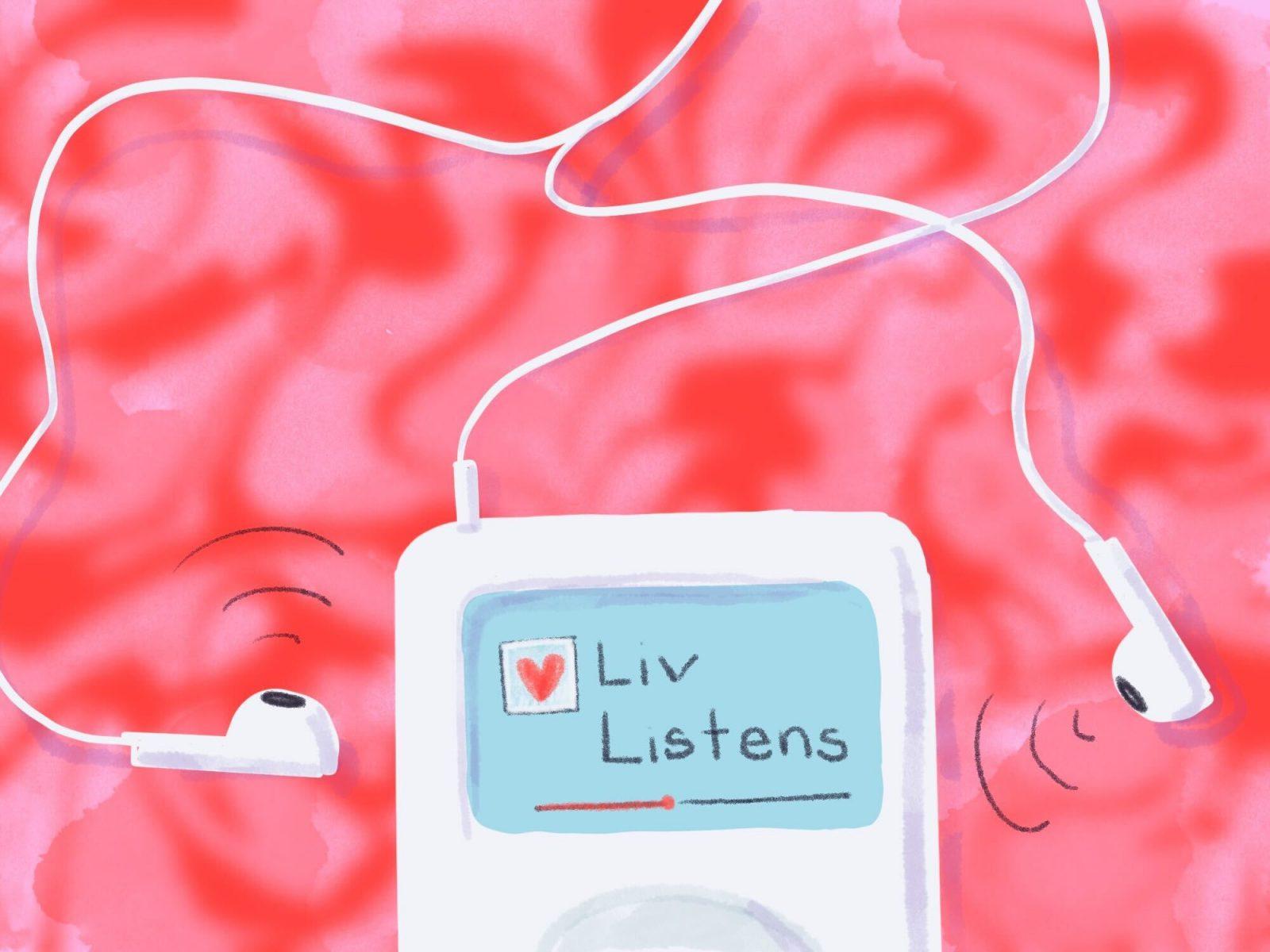When I think of my childhood summers, I think of massive $5 quesadillas and plastic tubs of cotton candy from the community pool snack bar, thunderstorms with rain as warm as bathwater and gleefully riding my bike up and down the same hill until my legs ached.

I think of fresh New Jersey blueberries, bare feet that more-than-occasionally would step on a rogue bee hiding in the overgrown grass and a chorus of cicadas lulling me to sleep on August nights.
I don’t think of boring days re-reading “ Beezus and Ramona,” lonely days re-reading “A Series of Unfortunate Events,” or seemingly never-ending days re-reading the “Nancy Drew” series. You can probably see a pattern emerging here.
I don’t think of the uncertainty and powerlessness that can sometimes accompany childhood — the inverse of its innocence and lack of responsibility.
Nostalgia paints our memories into cinematic narratives. It colors them gold and pink like a late summer sunset. Nostalgia gives us something to fantasize about — to take us out of the monotony of the present and into the excitement of the past.
But nostalgia, what musician Jonathan Richman calls “that summer feeling,” is a double-edged sword. It’s both comfort and torment — a coping mechanism and self-destruction. It’s addictive.
Richman, a native of the Boston suburb, Natick, first burst onto the alternative music scene in the mid-70s. After becoming obsessed with the iconic proto-punk band, The Velvet Underground, as a high school student in the late 60s, he founded The Modern Lovers.
While the band would go through a variety of permutations, its most classic lineup featured keyboardist Jerry Harrison, of Talking Heads, and drummer David Robinson, of The Cars.
Short-lived but mighty, The Modern Lovers had a lasting influence on a variety of genres — from new wave and punk rock to indie and alternative. The band broke up in 1974, but Richman continued on to have an impressive solo career, producing 18 albums.
Although influenced by a band known for songs about heroin use and sadomasochism, Richman’s persona is surprisingly childlike and earnest. Much of his career consists of hopeful tracks with titles like “Ice Cream Man” and “The Morning of Our Lives,” reminiscent of songs you might sing during elementary school music class.
Yet, his work can also contain a deep sense of sorrow. Lou Reed’s wide-reaching influence is apparent not only in Richman’s almost spoken-word delivery, but also his existential lyrical themes.
“That Summer Feeling,” from Richman’s 1992 solo album, “I, Jonathan” represents his quintessential balance of whimsy and sadness.
Richman perfectly captures the eternally youthful energy of summer — something I once thought was indescribable, but now I’m not so sure. He expresses the sense of that first warm night of the year — full of freedom, anticipation and the unknown, but being excited about it anyway. The song is reminiscent of the long, humid afternoons of nothingness that seem to stretch out like a piece of bubble gum.
“When there’s things to do, not because you gotta / When you run for love, not because you oughta / When you trust your friends, with no reason not to / The joy I’ve named shall not be tamed.”
But Richman is quick to remind us that nothing is that easy or that simple.
“And that summer feelin’ is gonna haunt you one day in your life.”
Summer — a metaphor for life itself — isn’t all sunshine, rainbows and Slurpees. What seems perfect in the moment becomes fodder for longing once the days get short and the nights get cold.
“And if you wait until you’re older / A sad resentment will smolder one day / And then that summer feeling’s gonna haunt you / And that summer feeling’s gonna taunt you.”
Richman’s wise words remind us of the cyclicality of life. We’re always dreaming of the past instead of living in the present. Everyone knows that. But, when will we remember that in the past, we were doing the exact same thing?
Buddhists say that all suffering stems from wanting. Constant wanting makes satisfaction impossible. It’s easy to romanticize the past without recognizing its true complexity — all the good, the bad and the mediocre that it’s made up of. We create our suffering by comparing our current reality to a false creation of the past that never really existed.
“You pick these things apart, they’re not that appealin’ / You put them together, and you’ll get this certain feelin’.”
Reminiscing on our best and most formative memories is an important part of life, and so is looking back on the harder parts of our time on Earth. I’m not arguing otherwise, but as cliché as it sounds — don’t forget to live in the here and now as well. “That summer feeling” might be an inevitable part of human existence, but missing out on joyfully experiencing the present isn’t.





















































































































Bung • Oct 18, 2024 at 10:13 pm
I have always loved Jonathan Richman and his music, but “That Summer Feeling” beats out even “Give Paris One More Chance” as my favorite. Thanks for a great article that captures the essence of this wonderful song.